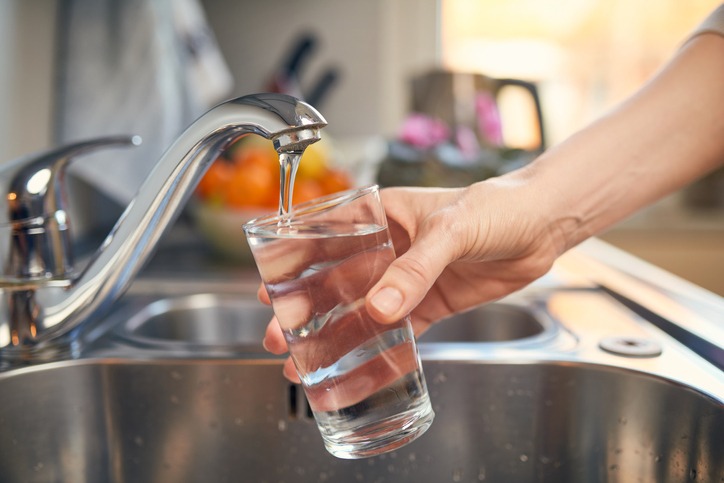In our everyday life, clean and safe water plays an essential role. But what happens when the most crucial life element becomes a problem? Hard water, a common issue in several households, often leads to disastrous results, from corroding your water appliances to staining your clothes and leaving your skin dry. Fortunately, one way to deal with it is through water softening. How does it work, and why do we need it? Keep reading.
How Water Softeners Work: An In-Depth Look
The traditional water softener system for house water systems operates through a process known as ion exchange. This is where hardness ions, calcium, and magnesium get replaced with softer ions like sodium or potassium.
An integral part of these systems is the mineral tank filled with tiny resin beads. These beads carry a negative charge, attracting the positively charged hardness ions. The resin beads eventually coated with the hardness ions, producing soft water.
After a certain point, the resin beads lose their capacity to remove any more hardness ions—this is where regeneration comes in. The systems automatically flush out the brine tank filled with salt into the mineral tank. The high concentration of salt displaces hardness ions, recharging the resin beads.
Benefits of Using a Water Softener in Everyday Life
Water softening is a process that arrests the hardness of water by removing excessive minerals, predominantly calcium and magnesium. This technique uses certain types of salts to alleviate the water hardness significantly.
The advantages of using a water softener extend beyond just combating the problematic areas created by hard water. Soft water proves instrumental in enhancing the lifespan of water-using appliances, maintaining the original color of your clothing, and even improving the lather of your soaps and shampoos.
Hard water scaling often clogs pipes, leading to compromised efficiency of water heaters and increased electricity bills. Soft water eliminates such scaling, increasing the longevity and productivity of these appliances while reducing energy costs.
Regarding personal benefits, soft water is gentler on your skin and hair, keeps your laundry soft, and prevents the formation of soap scum on your utensils and fixtures. Some people even report that soft water improves the taste of their food and beverages.
Comparing Different Types of Water Softeners
Several types of water softeners are available in the market. The most common types include salt-based ion exchange softeners, salt-free softeners, dual tank softeners, and magnetic softeners.
As explained earlier, salt-based softeners are the most common types and function on the principle of ion exchange. On the other hand, salt-free softeners prevent scale buildup without reducing water hardness.
Dual tank softeners, having two resin tanks, offer a continual supply of soft water. And finally, magnetic softeners use magnets placed near or around water pipes to create a magnetic field. This field changes the electromagnetic properties of the calcium-carbonate minerals, reducing their ability to create scale.
Choosing the right type largely depends on your specific needs, budget, and the hardness level of your water.
Tips To Maintain Your Water Softener for Long-Term Use
Maintaining your water softener system goes a long way in extending its lifespan. Basic maintenance like regularly re-filling the salt in the brine tank or calling professionals for regular service works wonders.
Opting for good quality salt is crucial, as poor quality salts often lead to mushing and prevent the resin beads from regenerating properly. Occasionally, cleaning the resin tank and flushing it with water softener cleaner prevents contaminant buildup.
Understanding the hardness level of your water also plays a vital role in maintenance. This helps you determine the frequency of regeneration and the amount of salt required.
Finally, watching out for any signs of a system malfunction, like changes in water taste, appearance, or the quality of water softening, can help you tackle potential issues early on.
Understanding the concept of water softening and how to maintain these systems can make a significant difference in your everyday life. With improved water quality, longer-lasting appliances, and better skin and hair health, investing in a water softener system is a wise move.
